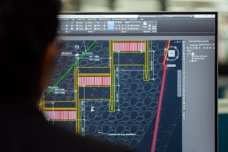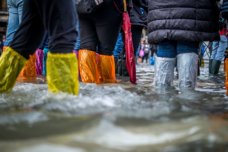GeotechE: Geotechnology Ethics is a unique course that explores the ethical and social issues with geodata technologies and applications. By participating, you will learn how to raise critical questions throughout the geotechnology lifecycle to address and potentially mitigate those issues.
Learn from international scholars at the cutting edge of several disciplines, including critical data studies, ethics and geodata technologies. Engage with the material through micro-lectures, interviews, a webinar, and activities such as quizzes, online research tasks and forum discussions.
If you want to understand the challenges and issues that come with new and emerging geotechnologies, and take the first steps toward becoming a more responsible practitioner and user of technology, this course is for you.
Learning outcomes
After this course, you will be able to:
- Identify ethical concerns and responsibilities along the data technology life cycle
- Demonstrate an applied understanding of current ethical issues in geodata technology
- Practice reflexivity in the design and use of geodata technologies
- Develop an attitude of responsibility in the use of geodata technologies
Course content
Guest lecturers
Mia Bennett, Jaime Paneque-Gálvez, Naomi Millner, Isaac Oluoch, Andreas Christian Braun, Stefano Calzati, Craig Dalton






